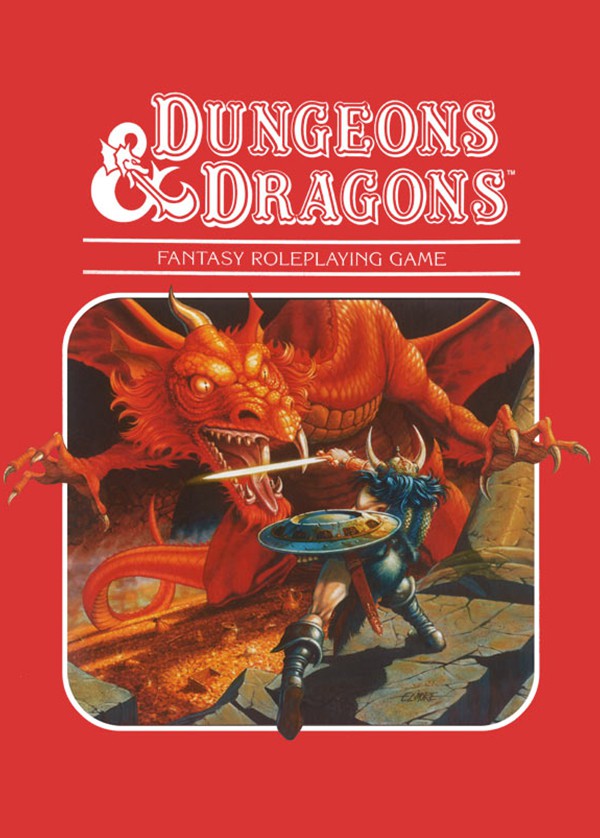Being a DM for a Dungeons and Dragons game can be quite a stressful experience, especially if you’ve not run other role-playing games before. All eyes are on you and the enjoyment of the other players depends on the experience you provide.
A DM in Dungeons and Dragons is a storyteller, a referee, and a mediator for the players. Their role involves setting the scene, acting out the parts of the NPCs, thinking on the fly as the players inevitably decide that they want to go somewhere you haven’t designed, or fixates on something that was never intended to be a plot point, and mediating disputes between players. For newer players it can even be answering the all important questions, what are Dungeons & Dragons dice?
Dungeons and Dragons is a complex game and there are a lot of things that you need to take into account when you run a story. For beginners, it is easy to get overwhelmed.
A Gentle Introduction to Doing
If you are nervous about being a DM, then a good introduction is to try a premade adventure. This will take a lot of stress out of learning the ropes.
To be a good DM, you need several things:
– A sound understanding of the game mechanics
– A good story to play
– Good ‘on the fly’ interactions with players
– An understanding of structure and pace
– Storytelling ability
There is so much going on in a gaming session, that it will be hard to keep up with everything at first. You can read the rules and understand them at your leisure, but rapid recall under pressure is something that some people (not everyone) struggles with. You won’t know how good your storytelling and player interaction skills are until you are actually in the DM’s chair. Past experience in other game worlds can help you here, but if you have never been a DM/GM then you will need to experience it to get a feel for it.
Why add the stress of having to come up with a story at the same time?
Premade Content is a Good Foundation
The Dungeons and Dragons starter set has a campaign, the Lost Mines of Phandelver, which is perfect for beginner DMs. It takes players through levels 1-5, and depending on the group you are playing with and how often you meet that campaign will set you up for up to three months. Some parties do get through it a lot more quickly than that.
If that campaign goes well, then you can weave it into your own homemade story. If you find that you’re still struggling, then you can look at other premade encounters, such as the Tales from Yawning Portal. Take some dungeons from those kits and use them as extra content.
It takes time to find your voice and to learn how your players work. Every party has a different dynamic, and playing premade content is a good way to get to know your players and to develop some confidence as a DM.
Once you have that confidence, you can build homebrew campaigns. Remember, though, that building out a setting, various encounters, NPCs, background stories and places takes a long time and it can be frustrating if your players rush through areas you lovingly crafted, or choose not to delve into the secrets that you wanted them to discover. With premade content, the emotional investment is not there, and you may find it easier to relax and just let the game flow as it should.
Homebrew is Rewarding But Hard Work
What a lot of young and enthusiastic DMs do not realize is that homebrew is hard work. It is very rewarding, too, but it takes a lot of time to get going and it takes a lot of preparation. Some DMs enjoy homebrew because it is flexible. It is easier to make things up on the fly when you are the one that is in control. It’s your story, so you don’t feel like you’re committing a travesty making something up if a player goes off-script.
Some DMs struggle with that when playing premade content. In their mind, if a player goes off-script then they are not sure what to do because they don’t want to make something out and later find out that what they did violated the canon. The fact is that in DND the ability to “deviate from the book” actually IS a part of the canon. In fact, it’s enshrined in the DMG that the information in the books is for guidance only. Even so, it’s so much easier to make things up when you know exactly what your intent was for the story.
If you do not have much time to do prep work, or if you are not confident, premade is the way to go.
If you have the time, though, and you have a story that you really want to tell, the benefits of homebrew start to shine. You get to tweak the story to your own preferences. You can show off the world that you want people to see. If you’re all friends you can weave in-jokes into the world. Dungeons and Dragons is one of the best sandbox games there is.
A Great Compromise
The Lost Mines Premade content provides a good starting point to work your own content into the world. You can use it as a ‘tutorial’ for your players, dialing in the difficulty of encounters and learning what the synergy of the party is like. From there you have the flexibility to add more content and to play around more.
Remember, though, that the end goal of all D&D campaigns is to make sure that the players have fun. You are not making a social or political statement with your content. You are not showing off your writing skills or how ‘smart’ you are with the puzzles. You are building a world for players to enjoy and their experience is what should come first.
If you write with the players in mind, then you have the chance to make a game that really shines.
About the Author
Ted is Chief Adventurer at SkullSplitterDice.com, a veteran owned company out of Saint Petersburg, Florida. They make premium gaming dice and accessories.





Nerd Comments